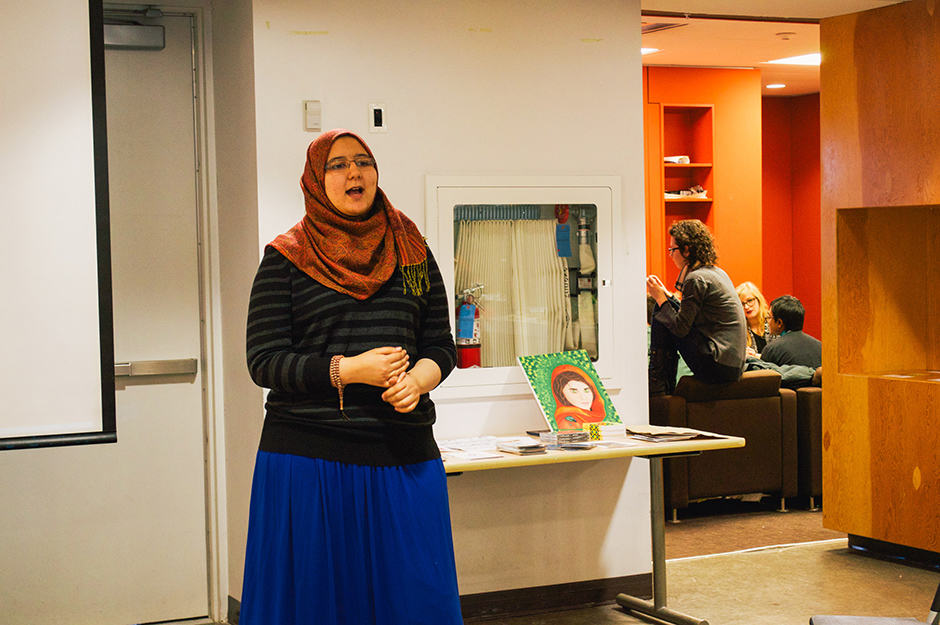Last week, the Muslim Students’ Association (MSA) at the University of Toronto hosted Islam Awareness Week, featuring events that included lectures, coffee houses, and a night of the Islamic arts.
While Islam Awareness Week has been held annually at U of T for at least the past decade, it is not unique to the University of Toronto and is held at many campuses across North America.
The theme for this year’s week was #WithMuslims and #AgainstHate. The theme, designed to reflect the week’s goal of promoting awareness of Islamic knowledge and principles, and inspired by a vigil hosted by the MSA and the Muslim Chaplaincy for the victims of Islamophobic attacks in North America, used hashtags in an effort to facilitate online conversations to call out different forms of hate seen on campus, including Islamophobia, xenophobia, racism, and anti-Semitism.
According to Dalia Hashim, MSA vice-president, external, Islam Awareness Week encourages the U of T community to engage with Muslim students and learn about the religion through Muslims rather than through the media.
Bushra Nassab, a third-year peace, conflict, and justice studies student, says Islam Awareness Week is now more important than ever. “[During] Question Period in Parliament, Prime Minister Stephen Harper indirectly called Islam an ‘anti-women culture.’ This small comment speaks about the unfortunate rise of Islamophobia that we are witnessing in Canada, and it [is] crucial that we have weeks like Islam Awareness Week to show non-Muslims what Islam is all about,” says Nassab.
“[We] need to show people that the religion is in fact a peaceful religion, and we should not define our perceptions on Islam based on what groups like ISIS do — who most certainly do not represent Islam,” she adds.
New to Islam Awareness Week this year was Soul Food, a weekly event hosted by the Muslim Chaplaincy at U of T that offered attendees the chance to visit Muslim prayer spaces on campus, as well as opportunities to meet Amjad Tarsin, the Muslim Chaplain.
Many other events were held during the week, such as speakers and poetry events.
When asked about what is unique to this year’s Islam Awareness Week, Hashim said that the present climate on campus indicates a need for larger discussions on Islam.
Pointing to recent Islamophobic incidents on university campuses, including the defacing of posters of a Muslim candidate running in the recent Ryerson Students’ Union elections, Hashim says that Islam Awareness Week may be especially needed this year.


